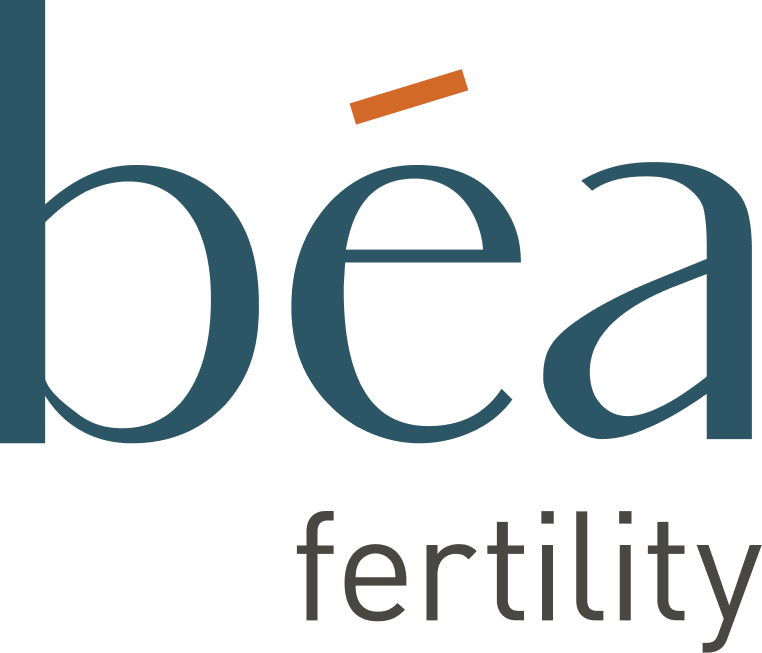If you have been diagnosed with hypothyroidism, The Béa Treatment can help your chances when trying to conceive. Read on to find out more about the condition itself and the intracervical insemination (ICI) treatment.
Written by Sandy Christiansen, MSc
In this article:
Does the Béa Treatment work with Hypothyroidism?
Yes - it does! The Béa Treatment could be a good treatment option for hypothyroidism. The Béa Applicator places our custom cervical cap against the cervix, holding semen in place for up to one hour. It increases the exposure to the cervical mucus, minimises the contact of semen in the vagina (where the pH can reduce sperm quality) and reduces semen backflow.
Reasons why people try ICI with hypothyroidism
-
No more waiting
We know it can take some time to stabilise your TSH levels to a level that optimises ovulation, but once this is achieved there is no more waiting around, you are ready to go!
-
Hormone-free
You don't need to take any hormones to use the Béa Treatment. Hormones can impair the your thyroid production causing more severe thyroid problems.
-
Additional support
Navigating a thyroid condition can be challenging and confusing. We're here to help.
What is hypothyroidism?
Hypothyroidism is a relatively common condition and is estimated to affect approximately 6% of all women. The thyroid gland releases hormones into the blood stream to stimulate or slow down our metabolism. In hypothyroidism, the thyroid gland is underactive and does not produce enough hormones which can reduce metabolism. This can also lead to increased levels of prolactin which might interfere with ovulation or shorten the luteal phase which may interfere with implantation of a fertilised egg.
Common symptoms of hypothyroidism:
- Dry skin
- Hairloss
- Weight gain
- Tiredness/Fatigue
- Intolerance to or sensitivity to the cold
- Low mood
- Heavy periods
If you have any of these symptoms, it is best to discuss them in more depth with your own GP who can arrange a simple blood test. They would typically test for TSH (thyroid stimulating hormone) and T4 (thyroxine), summarised below:
High TSH and Low T4
TSH is created and released by the pituitary gland in the brain and tells the thyroid gland how much T4 to release. T4 tells the body and various organs how fast to run. In hypothyroidism, T4 levels drop and internal organs and processes run slower in response (which is why you may feel tired or put on weight easily). The lower levels of T4 trigger the brain to produce more TSH to compensate, so elevated levels of TSH are seen on a blood test.
High TSH, normal T4
Often in the early years of developing hypothyroidism, symptoms can be vague or not present at all, however the process has begun by overproducing TSH. The thyroid gland is still able to function normally despite the abnormal TSH levels and hence produces the right amount of T4. This is usually referred to as Subclinical Hypothyroidism.
The Béa Treatment is suitable for you if you have an elevated TSH and normal or low T4 as long as you are still ovulating.
How do you treat hypothyroidism?
1. Medication
2. Lifestyle changes
Experts explain that pro-inflammatory food like sugar and carbohydrates with high glycaemic index (GI) can impair the thyroid function. Reducing your sugar intake may be beneficial in restoring normal thyroid levels and ovulation. You can also optimise your lifestyle factors focussing on achieving a balanced and nutritious diet and introducing exercise to reduce your stress response hormones.
Trying to conceive with hypothyroidism
Hypothyroidism can be associated with fertility problems, however, studies have demonstrated that over 70% of women with treated hypothyroidism will conceive spontaneously.
How does hypothyroidism impact fertility?
Thyroid hormones are essential for supporting ovulation. When T4 levels are too low they can prevent ovulation from occurring. This may be due to the increase in prolactin which may interfere with ovulation, or a shortened luteal phase which may interfere with implantation of a fertilised egg.
How can you improve your chances of conceiving?
Firstly, it is important to know how your thyroid levels may be affecting other hormones. This can be assessed with a simple blood test. A significant proportion of women with thyroid conditions also have hormonal imbalances that can affect ovulation such as hyperprolactinaemia (high prolactin). Your GP will be best placed to discuss getting these tests done.
Once you know your levels you can discuss with your GP how to optimise these with medication. In some cases you may quickly achieve the desired levels (ideally TSH <2.5) but in others you may need to tweak your medication a few times before you get there.
*Some GP's may reference TSH levels of <4 as being normal but it is important to alert them to the fact that this needs to be lower given that you are trying to conceive.
1. Monitor your cycle
The main question here is, am I ovulating? It is important to get an idea of whether you are ovulating and if you are ovulating at regular intervals. You should be ovulating around days 14-16 of your cycle. However, if you have irregular cycles this can make ovulation tracking difficult. Check the shortest cycle you've had in the past 6 months and base your testing on that cycle length! If you've had particularly long cycles, you may want to get multipacks of ovulation test strips - a more budget friendly way to track ovulation.
If you're not ovulating regularly, you may be able to get support from your GP with a treatment called ovulation induction. This can help restore ovulation to increase your chances of getting pregnant.
2. Try the Béa Treatment
If you know that you're ovulating - the Béa Treatment can be a good option for hypothyroidism. The Béa Applicator places our custom cervical cap against the cervix, holding semen in place for up to one hour.
Keep your GP in the loop
If you're on medication for your thyroid condition - it's important to inform them that you're trying to conceive and when you've conceived as the dosage of your medication may need to be adjusted accordingly.
Speaking to your GP about the Béa ICI Treatment
The Béa Treatment is new on the market – it's possible your GP hasn't heard of it yet. It's an at-home fertility treatment that previously hasn't been accessible or available to purchase online. We know GP appointments are short - so here's the TL:DR version:
The Béa Treatment is the modern take on ICI (intracervical insemination). It's an at-home fertility treatment that's affordable and accessible. It involves placing a cervical cap with semen near the cervix and it has a pregnancy rate of 50% over 6 cycles.


Share:
Adenomyosis
Male Factor Infertility